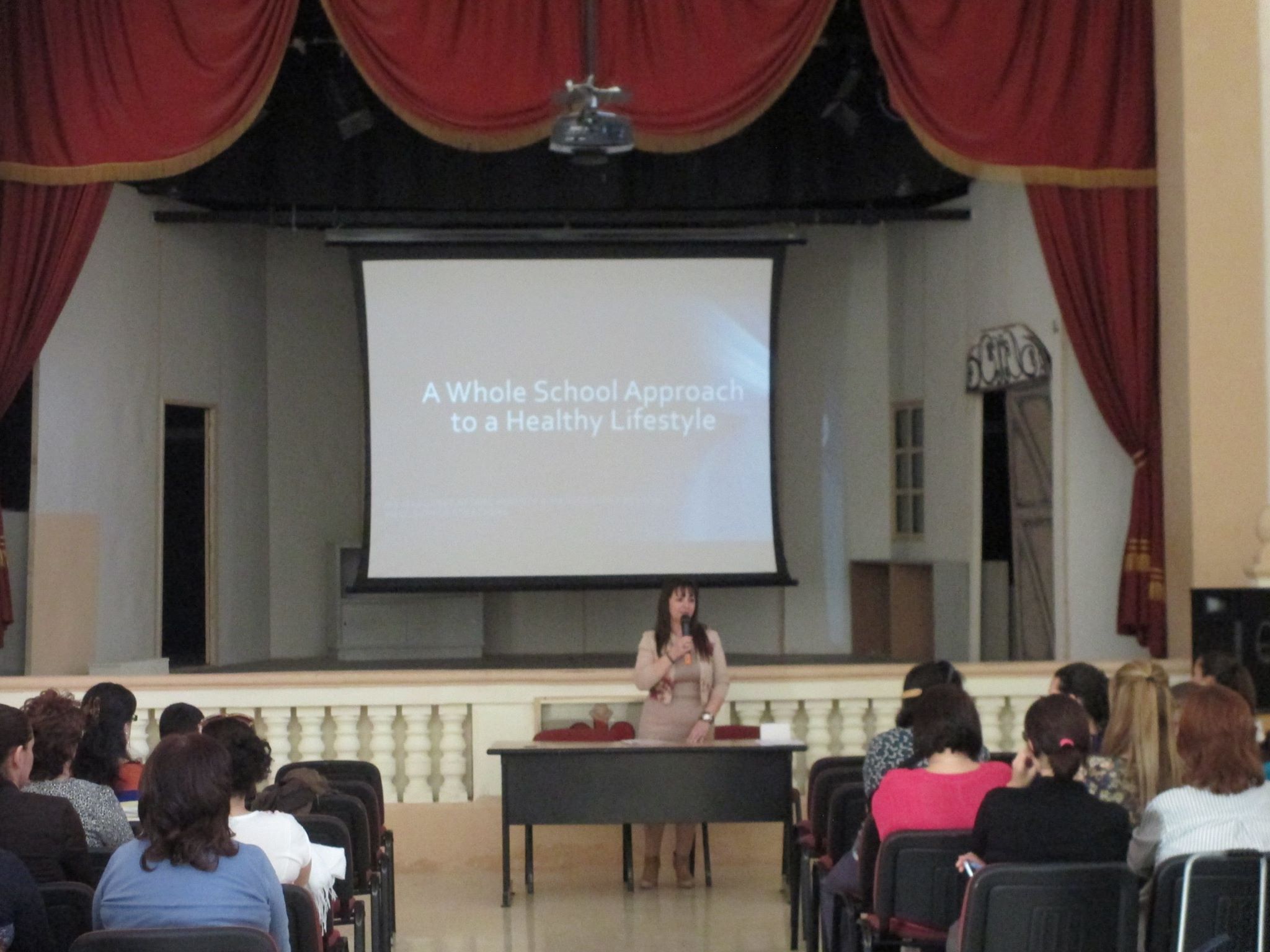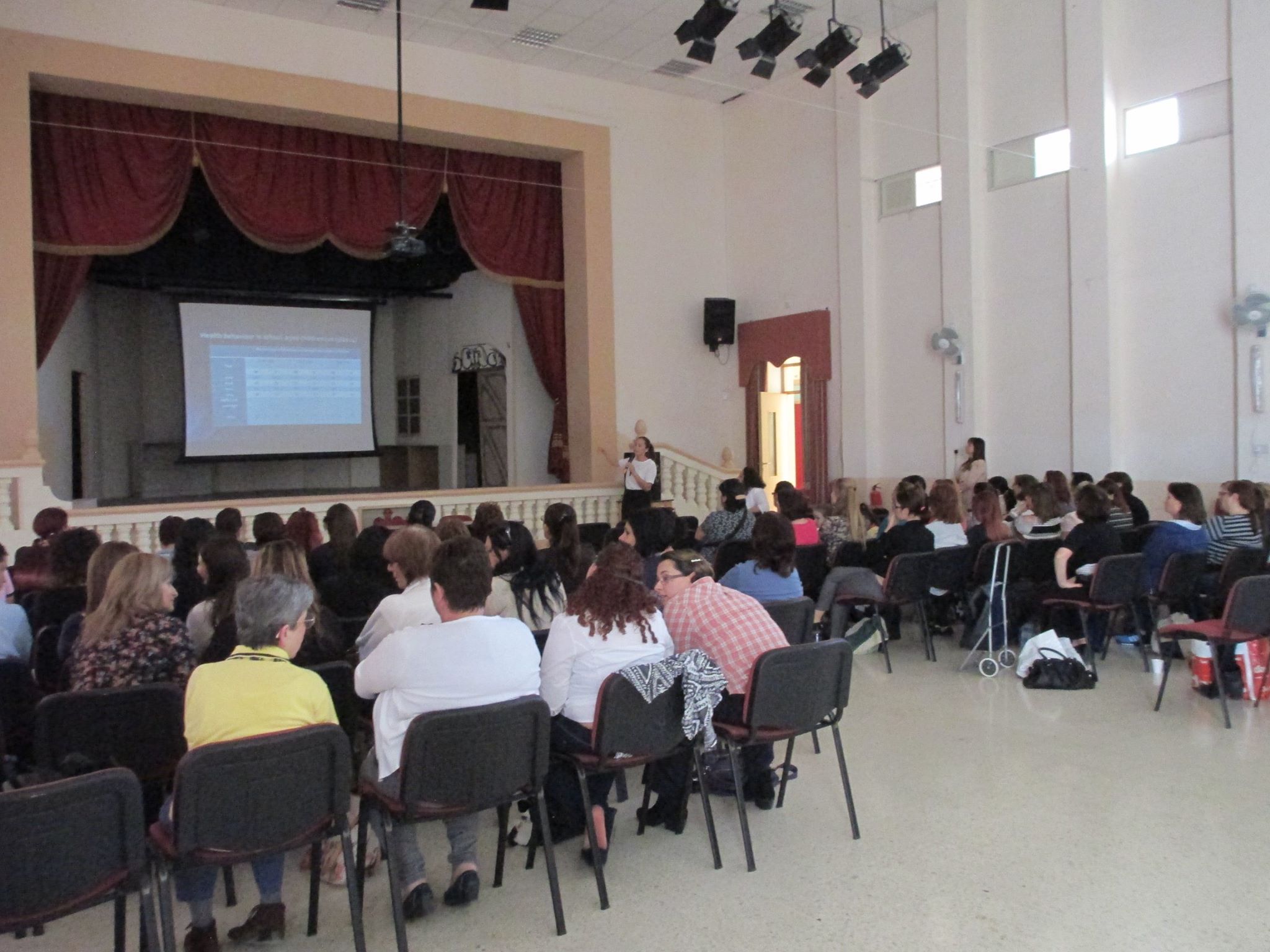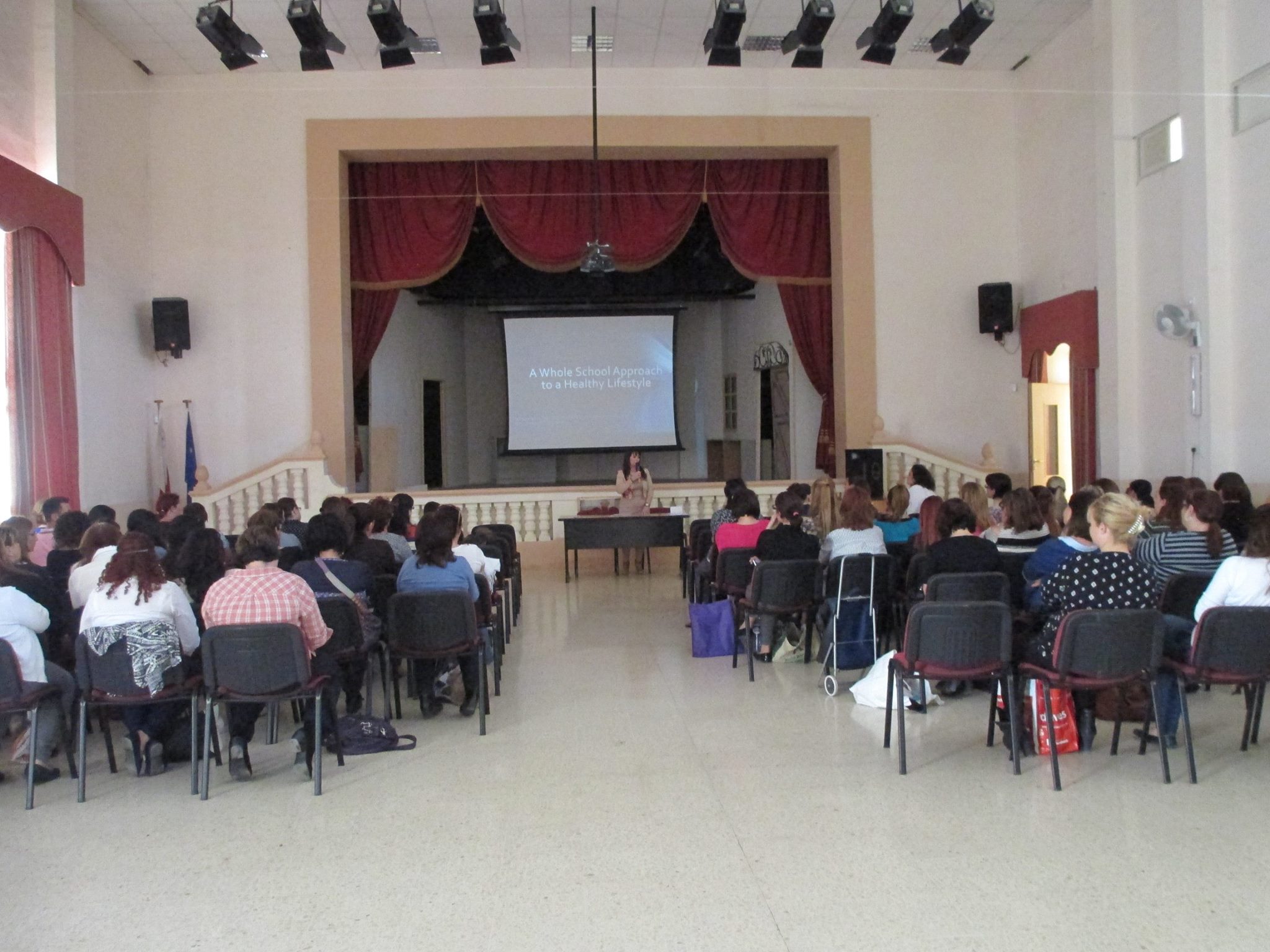HESC within the Department of Curriculum Management in its endeavour to help colleges adopt the national policy: A whole school approach to a healthy lifestyle: healthy eating and physical activity has facilitated several SDP’s and CD sessions in schools.
The National Audit Office in its report titled ‘A Healthy Nutrition Environment in Schools (2011) indicated the role of the HESC as the main stakeholder to encourage healthy lifestyle habits within school communities. Schools need to ensure that food and drink consumed in school/college contribute towards the health & well-being of students and promote a healthy lifestyle. This may be achieved by providing a supportive school environment that promotes healthy eating early in life to nurture lifelong habits. Providing clear and consistent messages regarding food, beverages and healthy eating throughout the school/college is crucial.
Through such interventions HESC assisted schools to set their own healthy eating and physical activity action plan based on the needs of the individual schools as well as results of needs assessments.
HESC, within the Department of Curriculum Management also facilitated an SDP as part of the Eat responsibly project which tackled aspects of sustainability. This ties in with developments which are taking place both at the local and global levels. Education for Sustainable Development (ESD) is an essential component in a nation’s efforts to achieve sustainability because it empowers citizens to become active participants in ensuring a good quality of life based on respect and care for the community of life (Public Consultation Document, Nurturing a Sustainable Society, A National Strategy for Education for Sustainable Development for Malta, 2016). This is also in line with the Global Goals for Sustainable Development – Transforming Our World – the 2030 Agenda for Sustainable Development.


